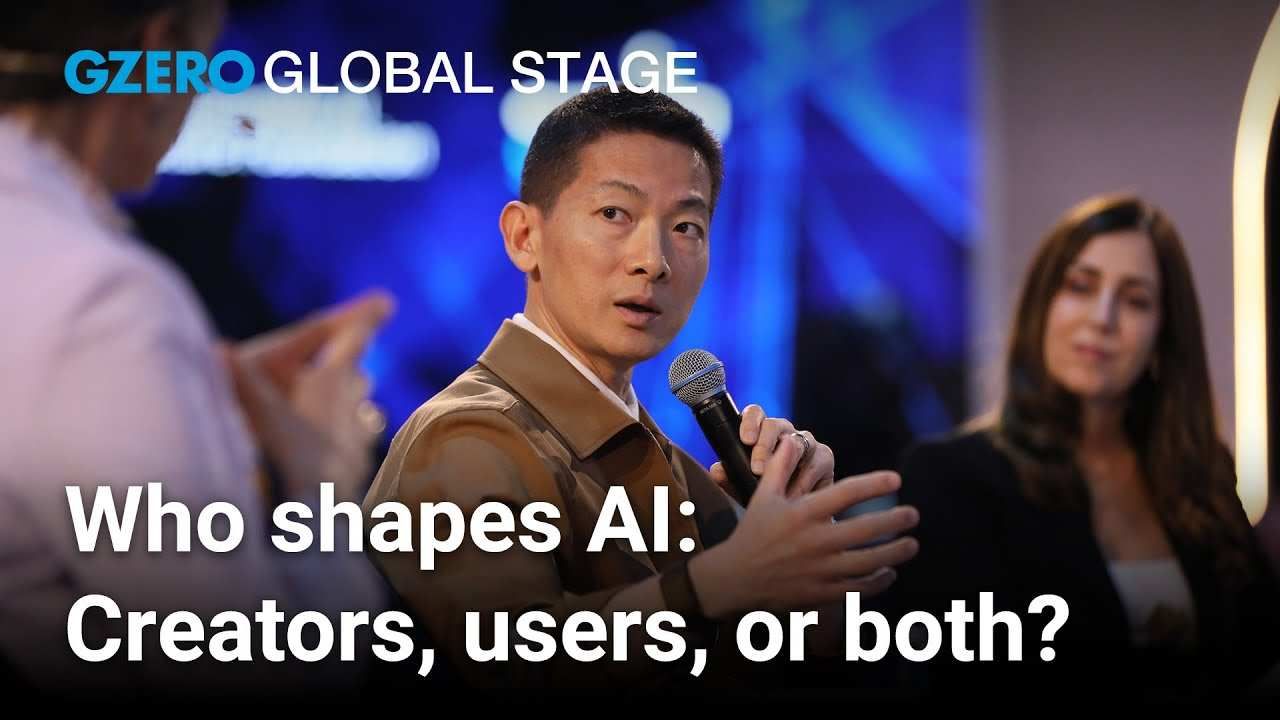1 million: One million of Earth's 8 million plant and animal species are at risk of extinction as a result of global warming, according to a new report form the Intergovernmental Platform on Biodiversity and Ecosystems Services (IPBES). The panel estimated the world has less than 12 years to avoid catastrophic climate change.
10,000: In 2019, almost 10,000 people were killed in jihadist-related violence in Africa, comparable to the number killed by similar conflict in Iraq in Syria during the same period. The global coalition of forces in the Sahel region – which includes troops from the US, France, Germany, Italy, Spain, and many other countries – is larger than the current US fighting forces in Afghanistan.
1,000: Western Africa is experiencing its deadliest Ebola outbreak in years – with more than 1,000 people dying from the virus in eastern Congo since August. Local violence has compounded the problem, as attacks on health workers have prevented them from addressing the crisis.
100: Over the weekend, China marked 100 years since massive student protests against Western powers provided a spark for modern Chinese nationalism. President Xi Jinping extolled the patriotism of the students who participated in the May 4 protests, but he, and the Communist Party more broadly, have minimized discussion of the protests' anti-authoritarian nature during a year chock-full of sensitive anniversaries.
